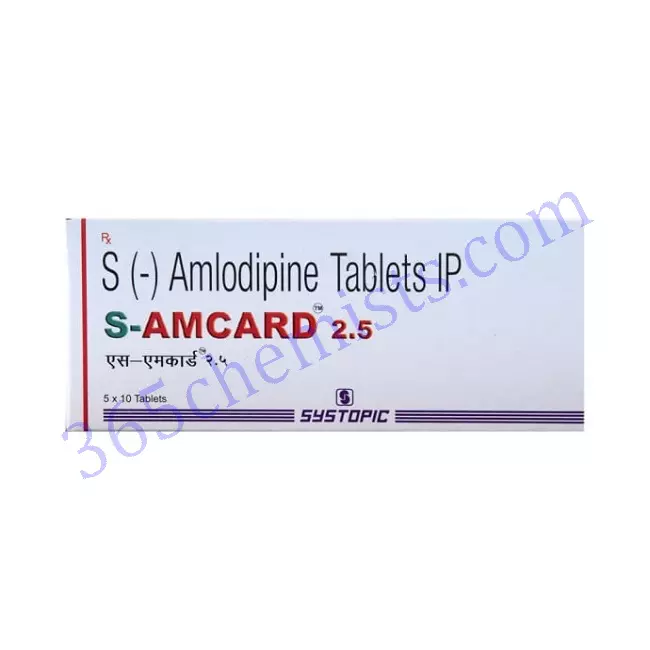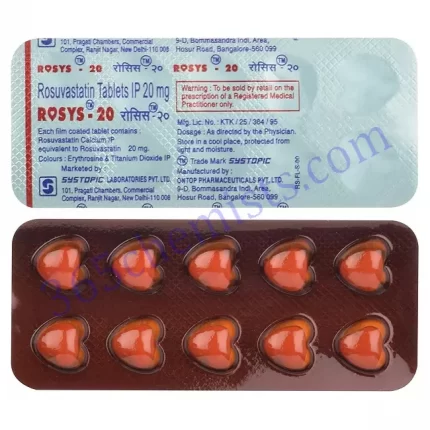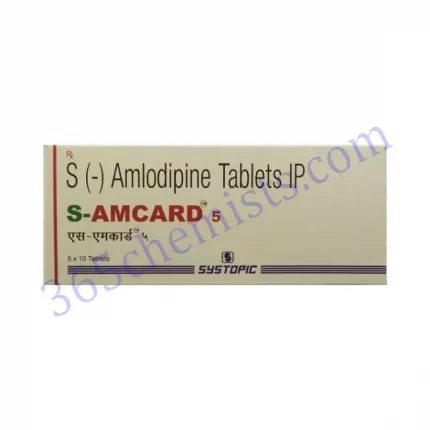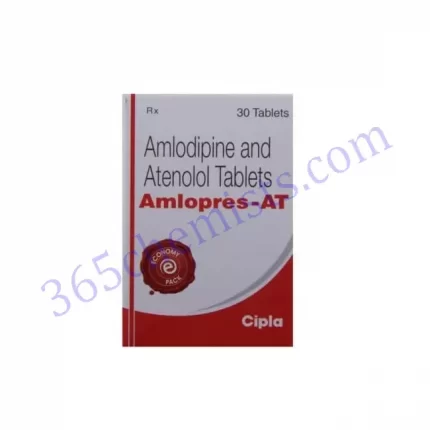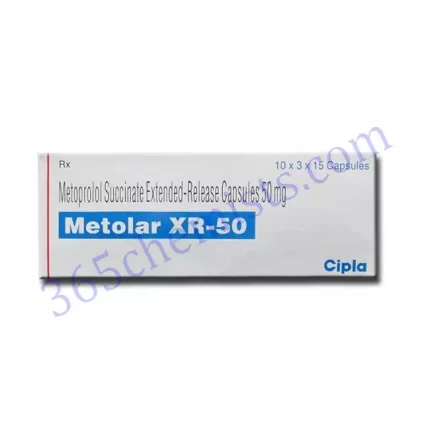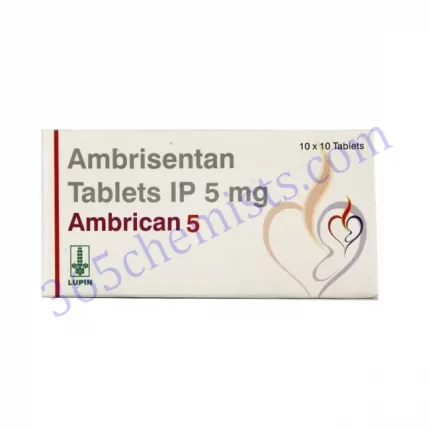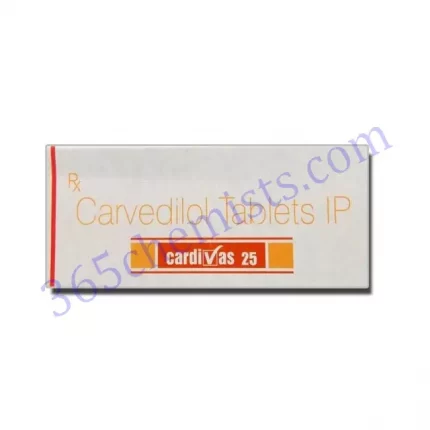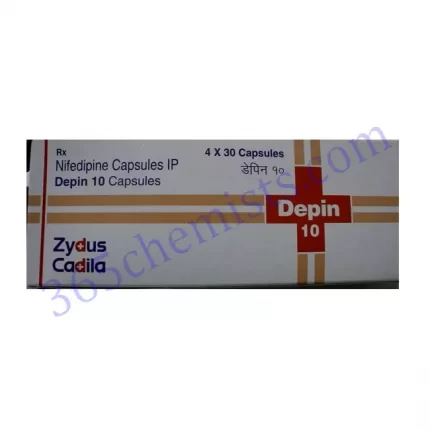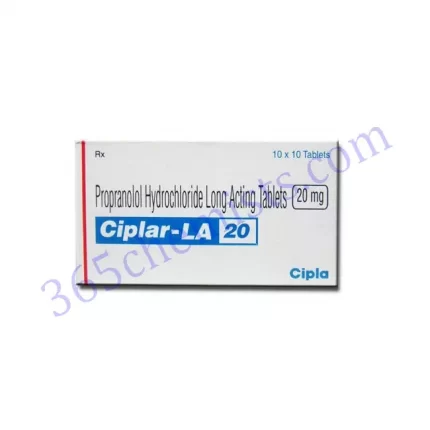Introduction to S-Amcard 2.5mg Tablet
S-Amlodipine is the active component of the medication known as S-Amcard 2.5mg Tablet. This tablet’s dosage form is a tablet. It is a medication that is frequently recommended for the treatment of hypertension, also known as high blood pressure. S-Amlodipine is a calcium channel blocker, which are a class of medications that work by relaxing and widening the blood vessels. This results in an increase in blood flow and a decrease in blood pressure, both of which are desirable outcomes.
Key Features and Benefits
High Blood Pressure Control The Blood Pressure Control S-Amcard 2.5mg Tablet is an effective means of bringing high blood pressure under control. It accomplishes this by reducing the resistance to blood flow brought on by the relaxation of blood vessels, which leads to a decrease in overall blood pressure. Controlling one’s blood pressure in an appropriate manner is absolutely necessary in order to avoid the complications that are associated with hypertension. These complications include heart disease, stroke, and kidney problems.
Angina Management
The S-Amcard 2.5mg Tablet is used for the management of angina, which is a condition that is characterised by chest pain or discomfort. In addition to its effects on lowering blood pressure, the S-Amcard 2.5mg Tablet also has effects on lowering blood pressure. It does this by helping to relax the coronary arteries, which in turn improves blood flow to the heart muscle and relieves the symptoms of angina.
Safety and Precautions
Medical Consultation
It is essential to discuss starting treatment with S-Amcard 2.5mg Tablet with a qualified medical professional prior to beginning treatment. They will look over your medical history, evaluate your current health status, and determine the dosage and treatment plan that is most appropriate for you based on their findings. For the purpose of ensuring a safe and effective use, it is essential to provide accurate information regarding any preexisting medical conditions, medications, or allergies.
Adherence to Dosage
It is extremely important to take the medication exactly as directed by the dosage instructions that your doctor has given you. You should not make any changes to the dosage, and you should never stop taking the medication without first consulting with them. Maintaining consistent blood pressure control and achieving the best possible results from treatment are both dependent on taking the medication in the prescribed quantity.
Related Product
S-Amcard 2.5mg Tablet
S-Amcard 5mg Tablet
Usage and Tips
Instructions for Management and Organisation
Oral administration of the S-Amcard 2.5mg Tablet can take place either with or without food, depending on the instructions provided by your healthcare provider. Take the tablet as directed, along with a full glass of water. Do not chew or crush the tablet unless specifically instructed to do so.
Regular Monitoring
While taking the S-Amcard 2.5mg Tablet, it is essential to have your blood pressure checked on a regular basis. Either during follow-up visits with your healthcare provider or independently using a blood pressure monitor at home, this can be accomplished. Taking regular readings of your blood pressure allows your doctor to evaluate how well the medication is working for you and makes it possible to make any necessary adjustments to the treatment plan.
Lifestyle Modifications
Adopting a healthy lifestyle, in conjunction with the use of medication, can significantly contribute to better control of blood pressure. This includes eating a well-balanced diet that is low in sodium, being physically active on a regular basis, managing stress levels, keeping a healthy weight, limiting alcohol consumption, and staying away from tobacco use. Talk things over with your primary care physician or other healthcare provider for individualised recommendations.
Conclusion
An effective medication for the management of hypertension and angina is the S-Amcard 2.5mg Tablet, which contains the active ingredient S-Amlodipine. It aids in the reduction of blood pressure, the improvement of blood flow, and the relief of symptoms of angina. Individuals are able to achieve better control of their blood pressure and improve their overall cardiovascular health if they adhere to the dosage that has been prescribed to them, discuss their treatment with a qualified medical professional, and make the necessary adjustments to their way of life. To achieve the best possible outcomes, consistent monitoring and adherence to the treatment plan are both required. Keep in mind that throughout the entirety of your treatment journey, you should consult your healthcare provider in order to receive individualised advice and direction.

